- Student
- Student
- Akademickie Biuro Karier
- Akademicki Związek Sportowy
- Biblioteka
- Biuro kształcenia doktorskiego i awansów naukowych
- Seminarium Doktorskie
- Szkoła Doktorska
- Centrum Osób o Szczególnych Potrzebach
- Centrum Egzaminowania Elektronicznego
- Dział Współpracy z Zagranicą
- Dziekanat i sprawy studenckie
- Dział rozliczeń ze studentami
- Efekty uczenia się / Sylabusy
- Harmonogram i terminy zjazdów
- Koła naukowe
- Klub MBA
- Legia Akademicka - Szkolenie Wojskowe dla studentów
- Międzynarodowa akredytacja IPMA Student
- Praktyki studenckie/Internships
- Program Ambasadorski
- Samorząd studencki
- Stowarzyszenie Absolwentów i Studentów AWSB
- Studium Języków Obcych
- Strefa Wsparcia
- Stypendia
- Wirtualna Uczelnia
- Kontakt
- Materiały edukacyjne
- Empty
- Kandydat
- Kandydat
- Studia I stopnia
- Studia II stopnia
- Studia jednolite magisterskie
- Studia jednolite magisterskie
- Pedagogika przedszkolna i wczesnoszkolna - studia jednolite magisterskie
- Pedagogika specjalna – studia jednolite magisterskie
- Fizjoterapia - studia jednolite magisterskie
- Prawo - studia jednolite magisterskie
- Psychologia - studia jednolite magisterskie
- Psychologia - studia jednolite magisterskie dla osób posiadających wyższe wykształcenie
- Lekarski - studia jednolite magisterskie
- Empty
- Executive MBA (EMBA) in English
- Studia MBA
- Studia podyplomowe
- Szkoła doktorska i Seminaria doktorskie
- Studia w języku angielskim
- Studia w języku ukraińskim
- Centrum Osób o Szczególnych Potrzebach
- Promocje
- Szkoła Języków Obcych
- Szkolenia
- Zasady rekrutacji
- Kontakt
- Empty
- Nauka i Badania
- Uczelnia
- Uczelnia
- Aktualności
- Baza dydaktyczna
- Business School
- Collegium Medicum – Wydział Medyczny
- Dla mediów
- Do pobrania
- Formularz kontaktowy
- Inwestycje – dofinansowanie z budżetu państwa
- Jakość kształcenia
- Kariera
- Katedry
- Kontakt
- Media o nas
- Nagrody i wyróżnienia
- Newsletter
- Otwarta Akademia Nauki
- O uczelni
- Partnerzy
- Patronaty
- Projekty unijne
- Rada ekspertów
- Standardy ochrony małoletnich
- Strategia
- Strategia Zrównoważonego Rozwoju Akademii WSB do roku 2030
- Uniwersytety Dziecięce
- Uniwersytet Trzeciego Wieku
- Władze
- Wydarzenia
- Wydziały
- Zamówienia publiczne
- Wykładowca
- Empty
Otwórz/zamknij menu dostępności przy pomocy klawisza Enter
Keynote speakers
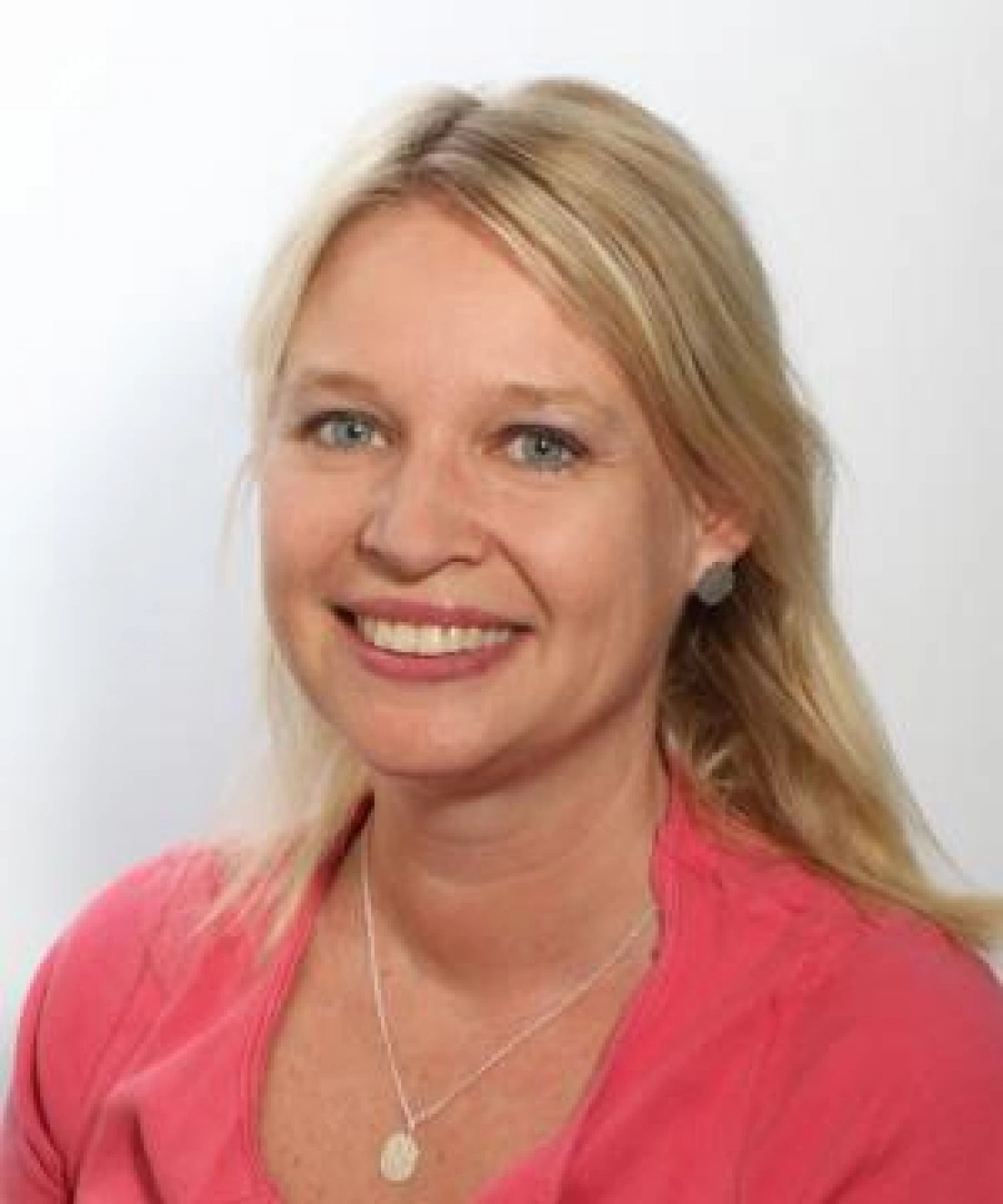
Birte Wassenberg is Professor in Contemporary History at Sciences Po at the University of Strasbourg and member of the Research Unit Dynamiques européennes (UMR). She holds a Jean Monnet Chair, is deputy director of the Franco-German Jean-Monnet Center of Excellence and director of the Master in Border Studies, International Relations. From 1993 to 2006 she was responsible for cross-border cooperation at the Région Alsace.
Her research fields are: border regions, Euro-scepticism and the history of European organizations, especially the Council of Europe. She is also a former student from the College of Europe, promotion Charles IV, (1992-1993). Recent publications: Territorial Cooperation in Europe: a historical perspective, Office des Publications de l’UE, Luxembourg, 2015 (with Bernard Reitel); “Secondary Foreign Policy – Local International Relations: Can Cross-Border Cooperation function as a Tool to Peace-Building and Reconciliation in Border Regions”, Special Issue Regional and Federal Studies, vol. 27, issue 3, 2017 (with Martin Klatt); Castle-talks on Cross-Border Cooperation. Fear of Integration? The Pertinence of the Border, Steiner Verlag, Stuttgart, 2018.

Bernard Reitel is Professor in political and urban geography at Artois University since 2012 and is the director of the research unit ‘Discontinuités’ since 2019. He holds a Jean Monnet chair, is member of the French-Belgian consortium ‘Institut des Frontières et des Discontinuités’ and director of the Master in "Territorial Development, Spatial Planning and Environment". He was assistant-professor between 1996 and 2011 at the Université of Haute-Alsace.
His research fields are: border regions, urban studies, territorial cooperation and European integration on different scales. He is working on urban planning and urban governance in border cities and cross-border agglomeration in Western Europe.
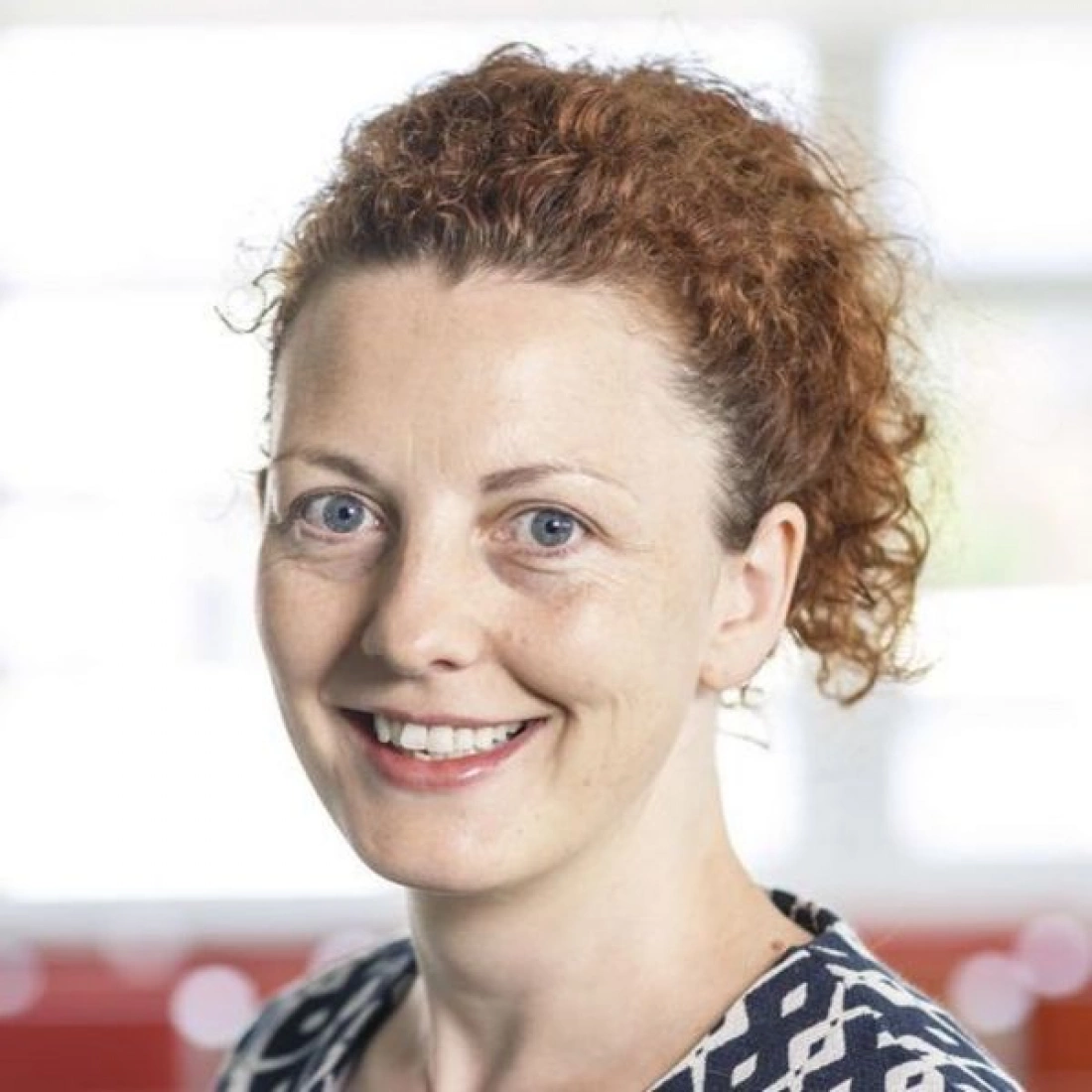
FH-Prof. Dr. Eithne Knappitsch is Professor of Intercultural Management and Program Director of a Business Bachelor in Intercultural Management at Carinthia University of Applied Sciences (CUAS). Eithne is the co-founder of SIETAR Carinthia, which has amalgmated with SIETAR Austria. Eithne’s research, teaching and professional training interests lie in the fields of Intercultural Management, Diversity Management, Unconscious Bias and Intercultural Communication.
Eithne is a member of the TRANS_SPACE research group, an interdisciplinary research group working on issues relating to Transformative Social Political and Cultural Engagement and is also a member of the Transfrontier Euro-Insitute Network (TEIN), a network devoted to the practical business of cross-border cooperation in Europe. Eithne grew up in Ireland, and has lived in Northern Ireland, Belgium, Germany and currently Klagenfurt, Austria.
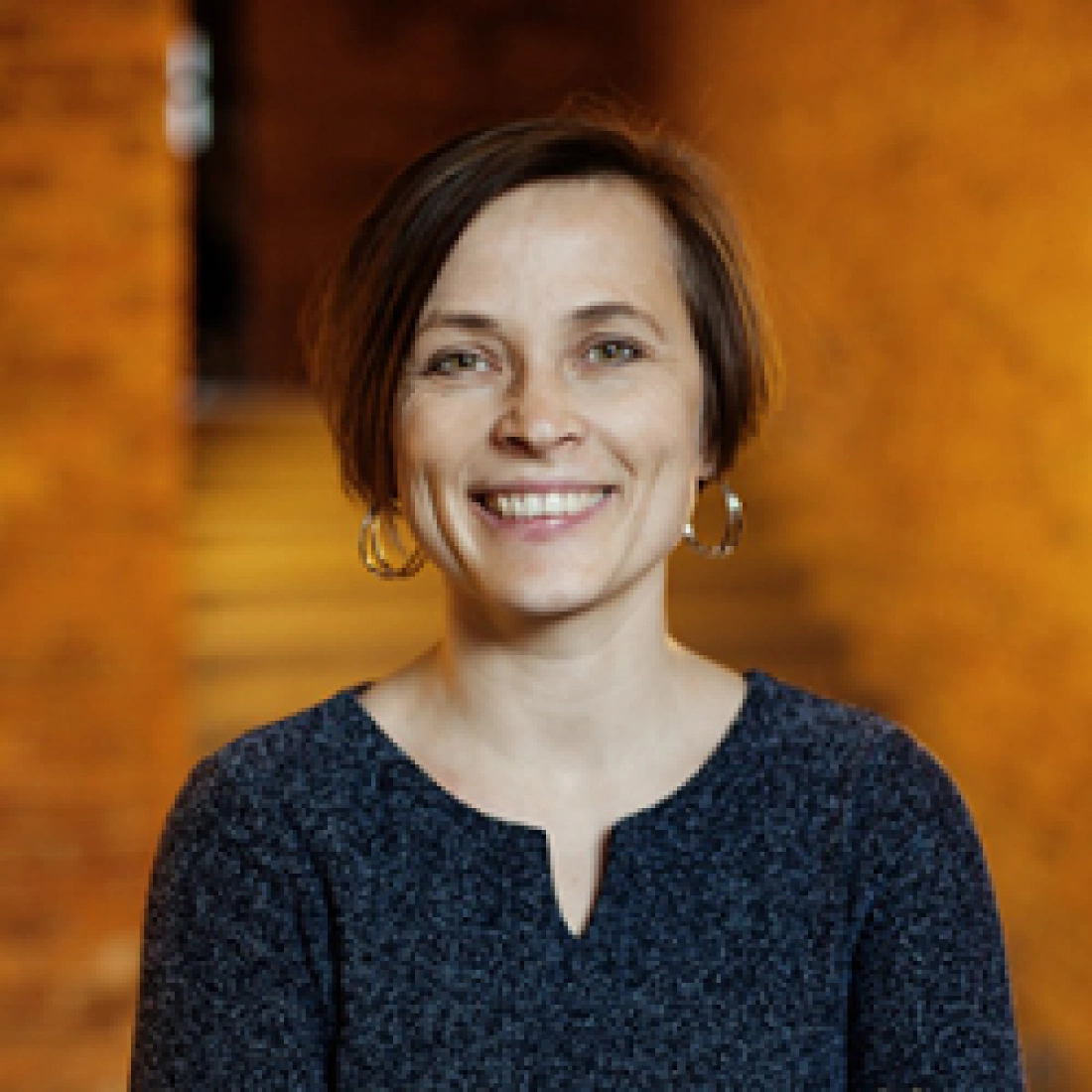
Svetlana is a sociologist, manager and cross-border researcher with intercultural experience in six countries. She graduated from Gymnasium in California (USA, 1997), completed a specialist degree in St.Petersburg (Russia, 2002), conducted doctoral research on American-Ukrainian management (Kyiv, Ukraine 2009), concluded her post-doctoral research with ERSTE Foundation (Vienna, Austria, 2013).
Svetlana has managed US-European national field research projects (leadership, women entrepreneurship, cultural intelligence), designed and delivered HRM trainings (on-boarding programs, pre-departure orientations, and re-entries), published in peer-reviewed journals, and has delivered guest lectures and presented at conferences across the globe. She is a docent of intercultural management, teaching at MA level Program “Intercultural Management” of School of Advances Social Studies, (Nova Gorica, Slovenia), and a Senior Researcher the School of Management at Carinthia University of Applied Sciences (Villach, Austria).
Svetlana is currently working on the research project “Cross-border entrepreneurship and innovation in the tri-border region: Slovenia-Italy-Austria” and serves as an instructional designer for the cross-border business COIL labs.
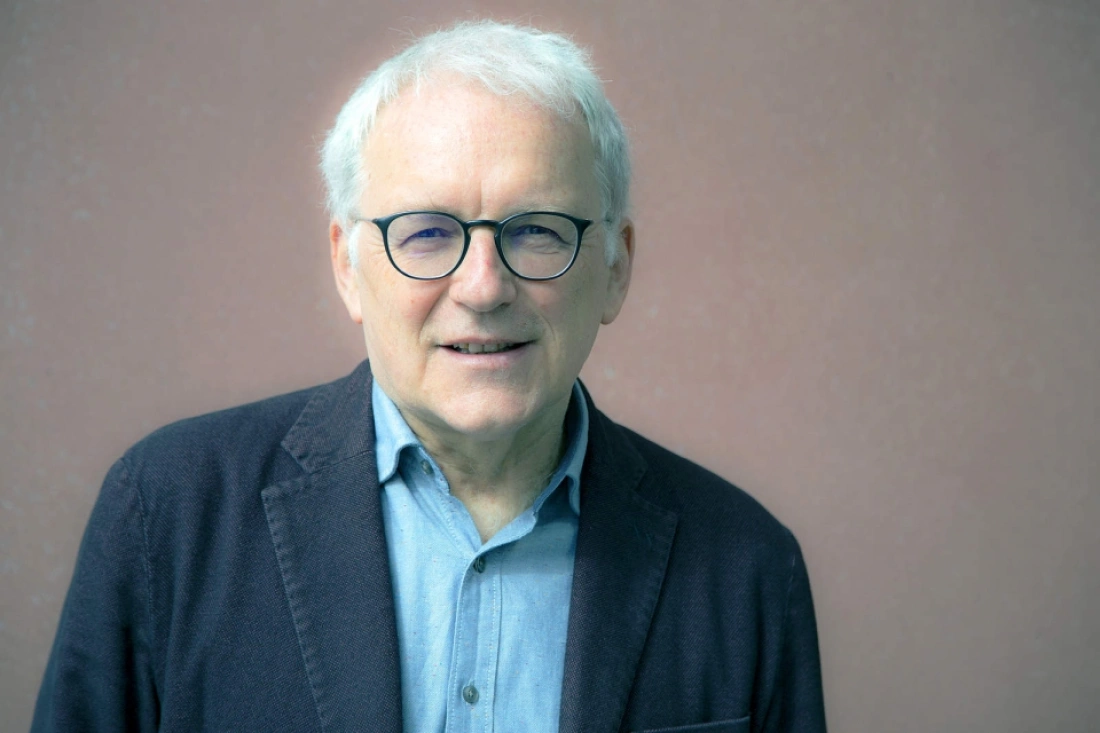
Peter Dörrenbächer is an expert in Social and Economic Geography. His research focuses on the interplay of social, temporal and spatial dimensions of regionalization processes in European border regions (SaarLorLux) and in Canada. In his doctoral thesis (1992) he analysed the structural changes in the economy of an old industrialized region (Saarland); and in his habilitation thesis (1997) he explored the development of indigenous self-government structures of the Cree in the context of the development of the James Bay hydroelectric project. In both cases, he focused on the complex cross-cultural processes of regional institutionalization at the social, temporal and spatial level. In recent years, his research included the cultural dimensions of cross-border relations (especially in the field of economic cooperation) and the institutionalization of transboundary metropolitan regions.
For many years, he has been the spokesperson of the geography section of the Gesellschaft für Kanada-Studien (GKS, Association of Canadian Studies in the German speaking countries) and a board member of GKS; a board member of the Canadian Arctic Resource Committee (Yellowknife/Ottawa) and a member of the Editorial Board of the Journal of Rural and Community Development (Canada). For 10 years, he has served in the selection committee of the DAAD North America and Bologna Centre Program. In 2015 and 2016, he served in the Adjudication Committee for the Partnership Program of the Social Sciences Humanities Research Council of Canada.
With regard to transboundary studies, he has worked on various Interreg projects and the ESPON project Metroborder. He is one of the founders of the University of the Greater Region’s Center for Border Studies (UniGR CBS) and serves in the Steering Committee of UniGR CBS. Currently he is preparing an interdisciplinary and transboundary Master’s program in “Border Studies” at Universität des Saarlandes, Technische Universität Kaiserslautern, Université de Lorraine and Université du Luxembourg. Since 2013, he has been one of the directors of CEUS (Collegium Europaeum Universitatis Saraviensis). In addition, he is the coordinator of the bilingual German-French teacher-training program in Geography and History of the Universität des Saarlandes and Université de Lorraine, which is supported by the Franco-German University. He has supervised more than 50 diploma and state theses. In the last five years, he has supervised six doctoral and habilitation theses. Currently, he is supervising five doctoral theses, most of them on cross-border cooperation in the “Greater Region” Saar-Lor-Lux.
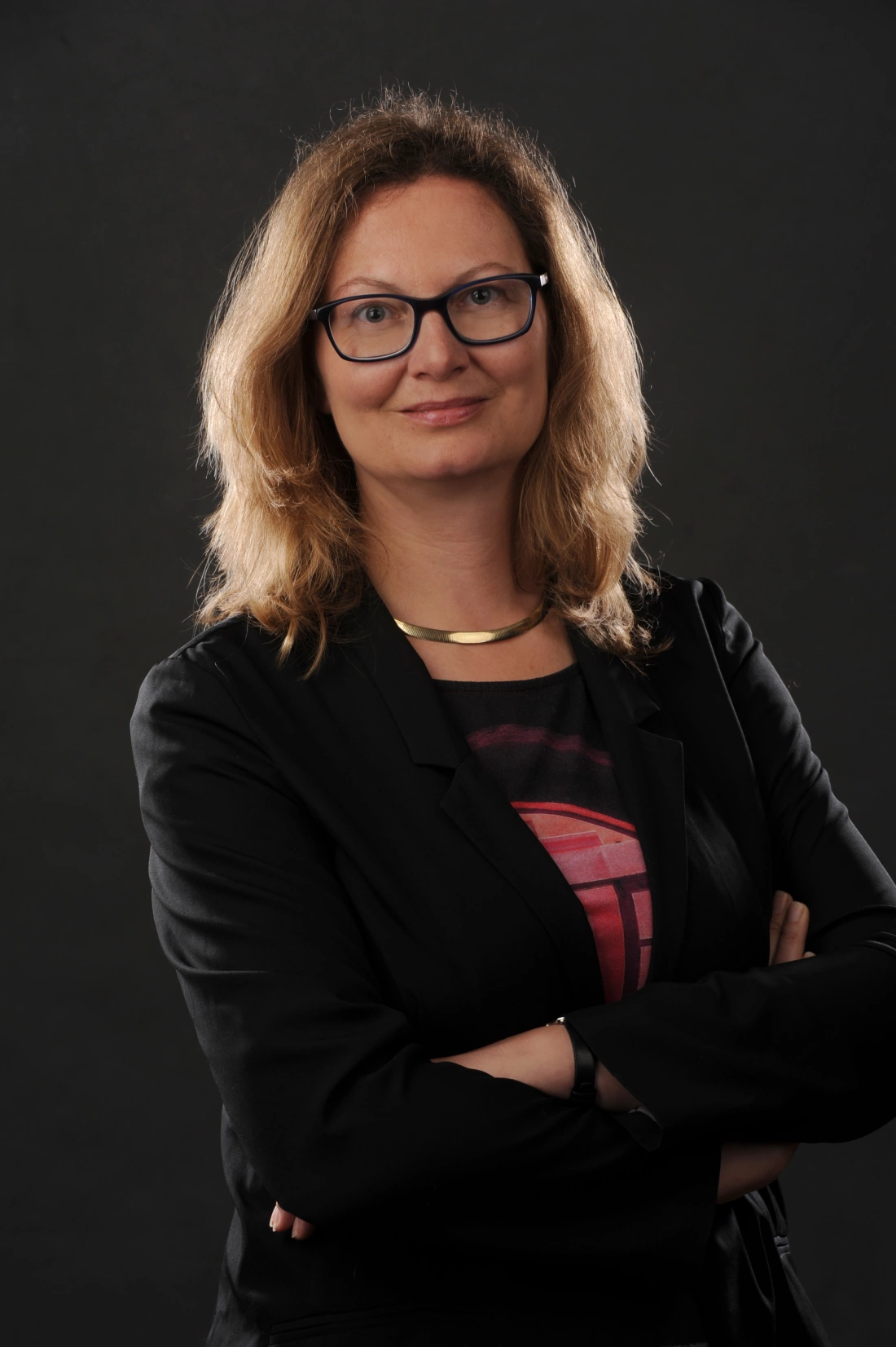
Karina Pallagst is professor for International Planning Systems at Kaiserslautern University’s faculty of Spatial Planning. Previously she worked at UC Berkeley’s center for Global Metropolitan Studies (GMS) and the Institute of Urban and Regional Development (IURD). Her research focuses on international comparative urban development, shrinking cities, urban growth, planning cultures, and planning theory. She serves on numerous think tanks, working groups and committees regarding spatial planning and urban development. She is also a co-founder of the Shrinking Cities International Research Network (SCiRN).
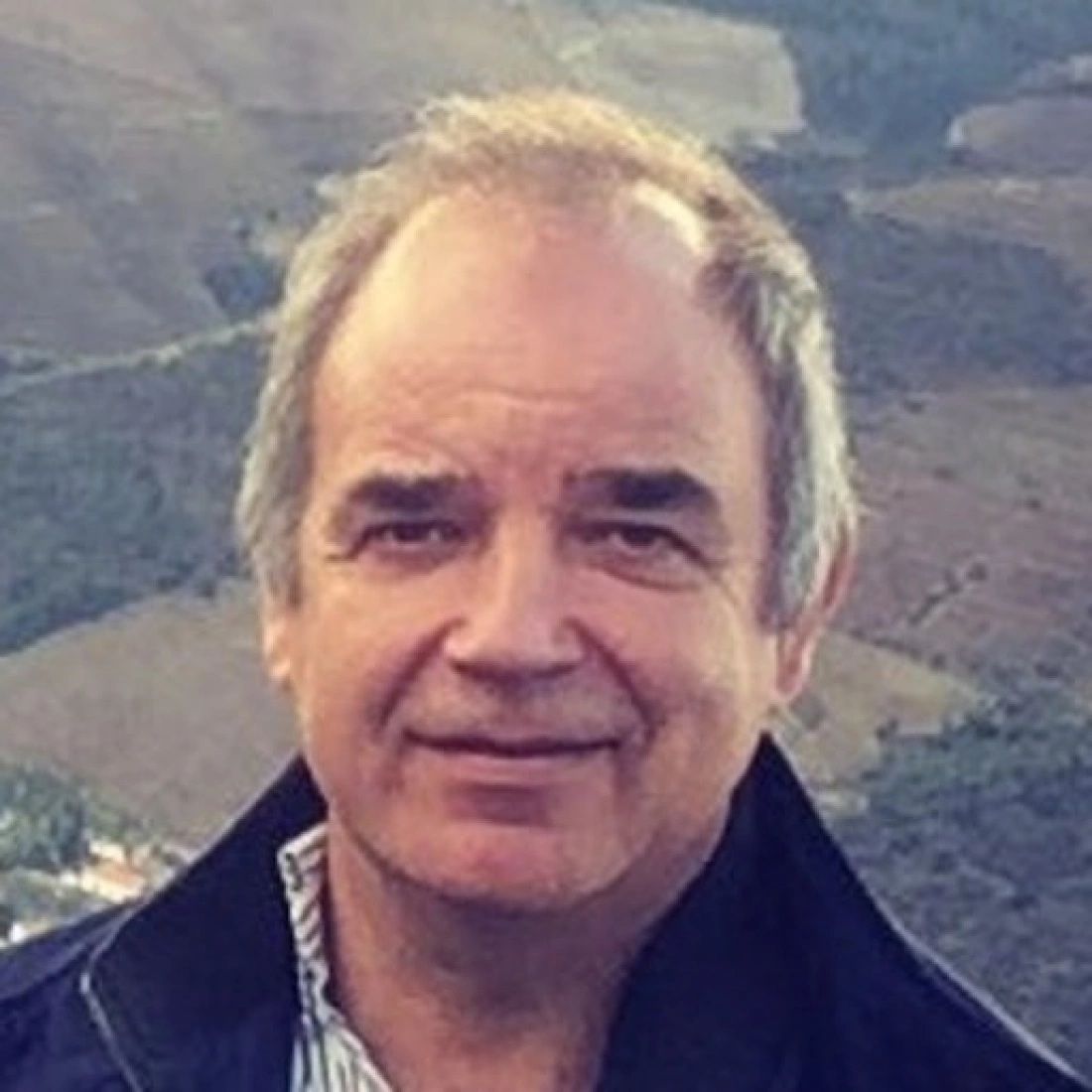
Tomás Ponce Dentinho has a Degree in economics from Universidade Católica Portuguesa (1975-1980); Three years of the Agronomy course and two years of the Course in Landscape Architecture at the Technical University of Lisbon (1976-1979); Master in economics, specializing in regional economics, from the Higher Institute of Economics and Management of the Technical University of Lisbon (1985-1987). PhD from the University of Newcastle upon Tyne (1990-1994). Postgraduate studies in Environmental Economics from the Harvard Institute for International Development (1999).
Professor at the University of the Azores since 1987. Coordinator of the Master in Nature Management and Conservation (2000-2018). Coordinator of the PhD in Interdisciplinary Landscape Management (2008-2018). Representative of the Association of Higher Planning and Planning Schools (AESOP) at the University of the Azores.
In addition to being a professor at the University of the Azores, he was Director of the Jornal Diário a União (2000-2007); Vice-President of the Nature Conservation Institute (1996-1998); worked to support local authorities at the Regional Secretariat for Public Administration of the Azores (1985-1987); collaborated on the Porto Master Plan at the Urban Planning Office of the Porto City Council (1983-1985); participated in the process of negotiating Portugal's accession to Europe in the Office of the Minister of State and Quality of Life (1982-1983); he was an aspirant at the Practical Infantry School of Mafra (1981-1982), worked at the Foreign Investment Institute (1980-1981) and was a monitor at the Faculty of Law of Lisbon (1979-1981).
He is a member of the Portuguese Association for Regional Development (APDR), the Regional Science Association International (RSAI) and the Portuguese Association for the Development of Operational Research (APDIO).
He was President of the Portuguese Association for Regional Development (2008-2015), Member of the Council of the Regional Science Association International and Executive Director of the Regional Science Association International (2011-2018) having brought the headquarters of this association to Portugal in July 2011. It is Chief Editor of the International Scientific Journal Regional Science Police and Practice since 2017. He has been Director of the Regional Cooperation Research Program at SADF's since 2016.
In themes of regional economics, urbanism, operational research, environment and agriculture, it has several scientific articles published in national and international journals with arbitration; several communications at national and international scientific congresses; over two hundred articles published in newspapers. More than a dozen interviews on Radio and Television. More than a dozen conferences in Universities in Portugal, Spain, France, Holland, Colombia, China, Angola, Cape Verde, Egypt and Timor.
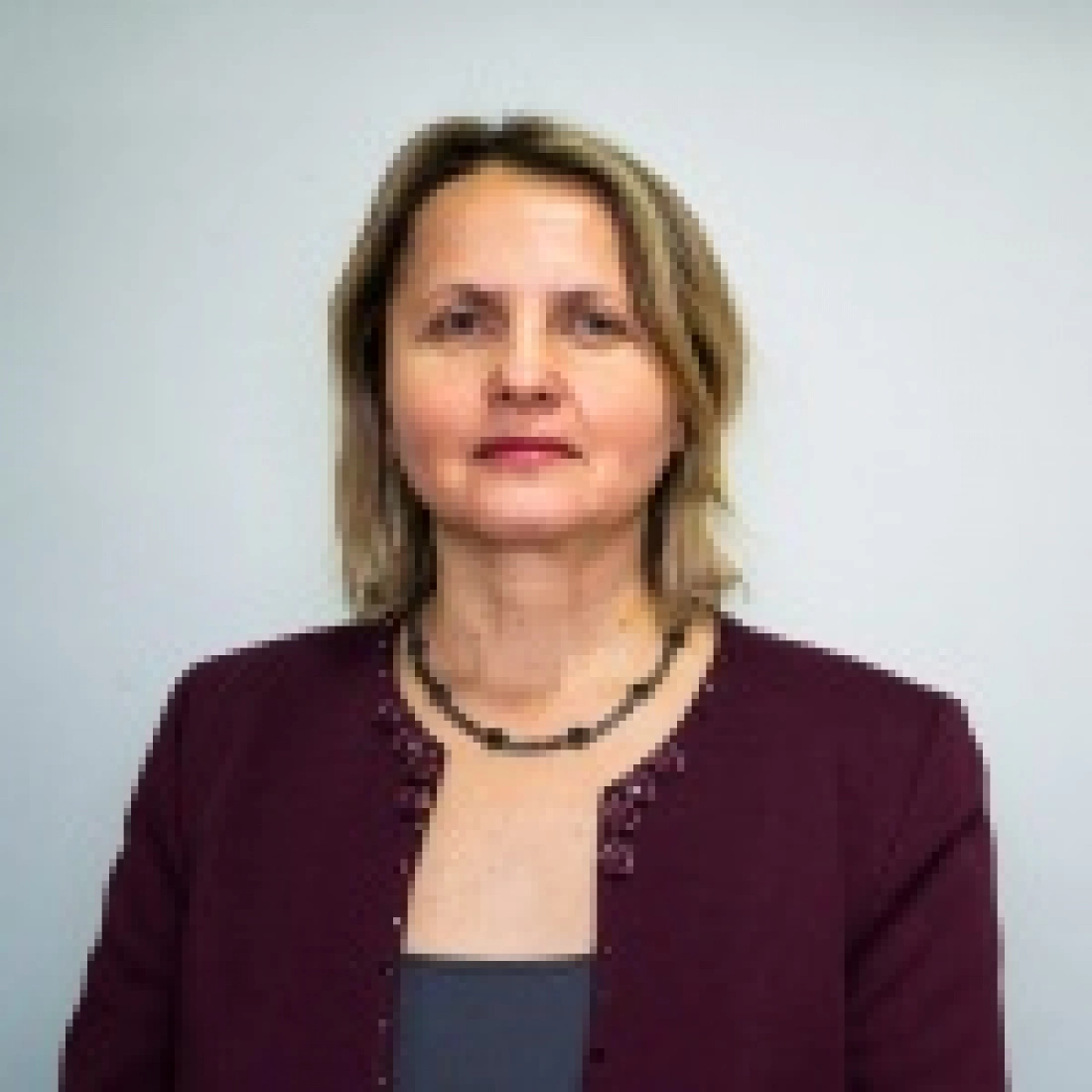
Gabriela Carmen Pascariu is a full professor at the Faculty of Economics and Business Administration, Alexandru Ioan Cuza University of Iași, Romania. She is the Director of the Centre for European Studies, Jean Monnet Professor and Team Europe expert. Her research inerests Focus on ecomocis of integration, regional development and European cohesion policy and cross-border cooperation and ENP. She is the authour of numberous articles and book chapters. She is editor-in-chief of the Eastern Journal of European Studies, expert evaluatior for national and international members in various professional bodies, and coordinator of over 15 international and national reseach and education projects.
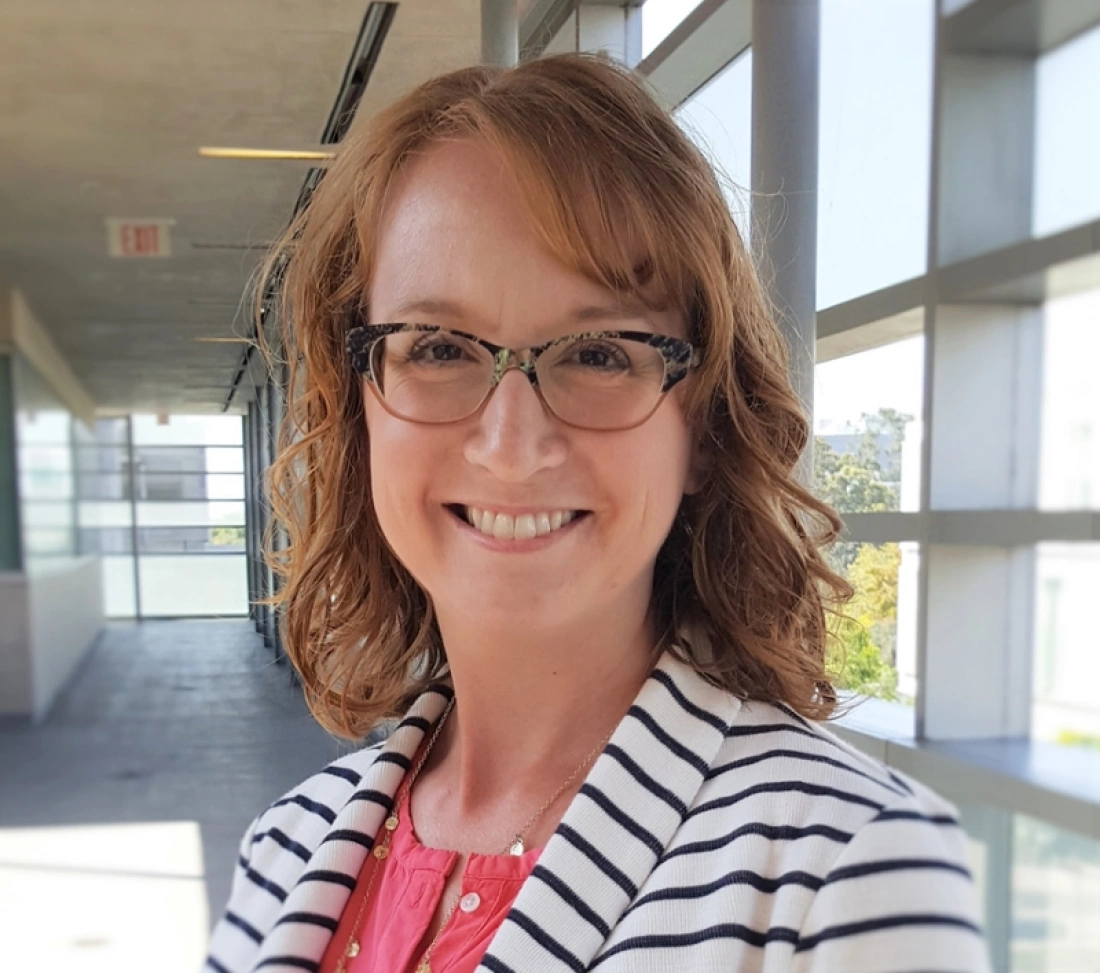
Dr. Megan Hopkins is Assistant Professor of Education Studies at UCSD. Drawing on organizational sociology, her research explores how to transform education systems to support teacher learning and development, with a particular focus on bilingual and multilingual contexts. Her current work uses mixed methods, including social network analysis, to examine how formal policies and organizational structures, as well as school norms and individual beliefs, shape teachers’ opportunities to learn both within and between education systems.
Dr. Hopkins completed her doctorate at UCLA, and a postdoctoral fellowship at Northwestern University. She also held appointments at Pennsylvania State University and the University of Illinois at Chicago, prior to joining UCSD. Her scholarship has appeared in several top-tier journals, including Educational Researcher, Educational Policy, Journal of Teacher Education, and American Educational Research Journal. She is co-editor of the volumes Forbidden Language: English Learners and Restrictive Language Policies (with P. Gándara, Teachers College Press, 2010) and School Integration Matters: Research-Based Strategies to Advance Equity (with E. Frankenberg and L. M. Garces, Teachers College Press, 2016). In 2012, Hopkins received the Dissertation of the Year Award from the Bilingual Education Research Special Interest Group of the American Educational Research Association. She is a member and fellow of the Working Group on ELL Policy (ellpolicy.org).
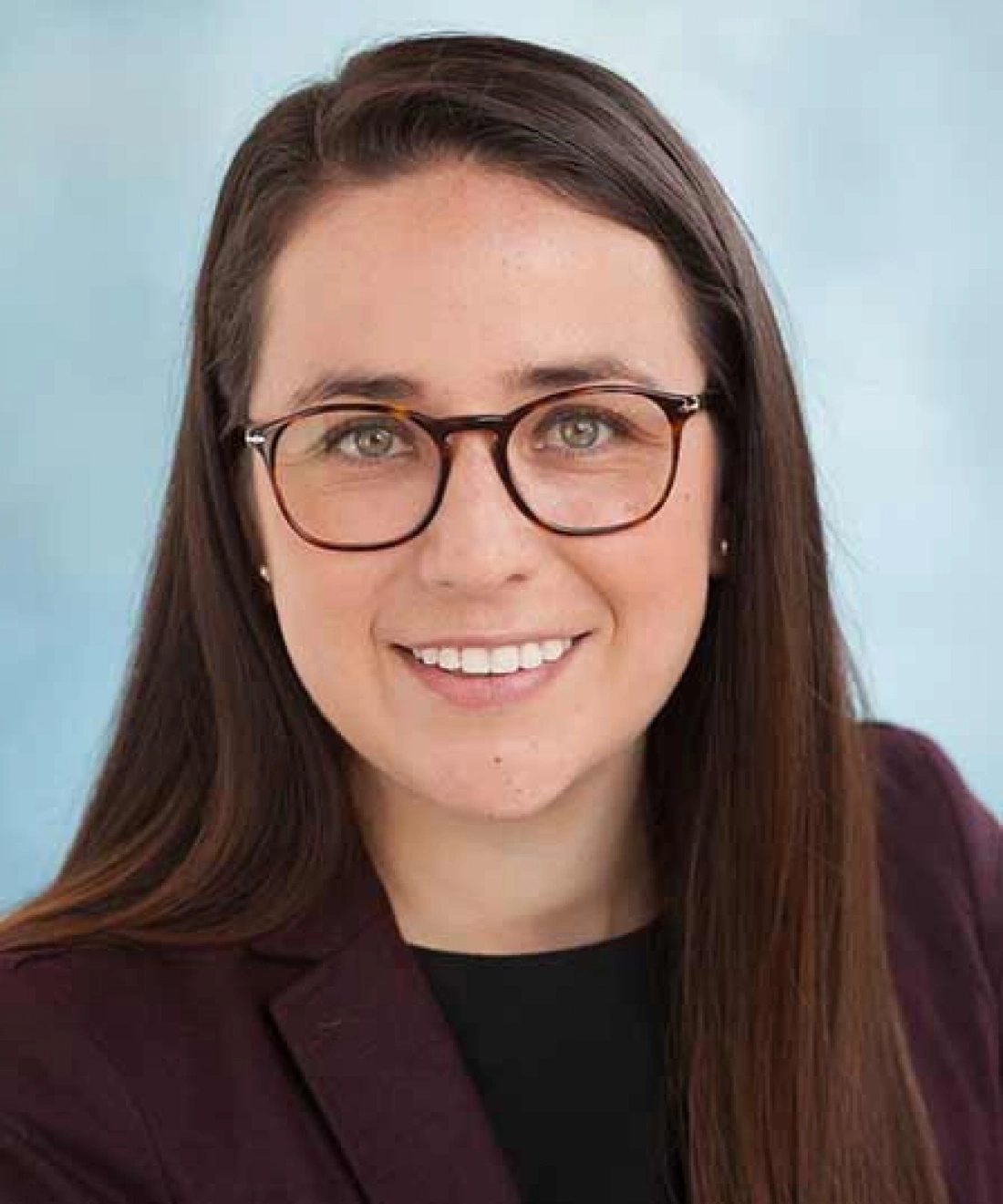
Cecilia Farfán-Méndez holds a Ph.D. in political science with a focus on international relations and organization theory from UC Santa Barbara. Her book project examines criminal organizations in their own right rather than assuming they are unitary, homogenous actors that mostly traffic illicit drugs. It advances a mid-level theory that identifies subtypes of structures—hierarchies and wheel networks—and explains when and why DTOs pursue additional criminal enterprises, the methods used in money laundering and their different propensities for violence.
In addition to her book project, Farfán-Méndez currently serves as a researcher and member of the executive team for the project “Co-constructing Security Provision in Mexico: A Methodology and Action Plan from Communities to the State” that seeks to develop local security agendas with community, civil and state actors in four cities severely affected by organized crime. The project is funded by the U.K’s Economic and Social Research Council and Mexico’s National Council on Science and Technology.
Farfán-Méndez received her bachelor’s degree in international relations from the Instituto Tecnológico Autónomo de México, and holds a master’s degree in international affairs from Columbia University’s School of International and Public Affairs. She has also been a recipient of several research fellowships including the University of California Institute for Mexico and the United States, the Fulbright Program and the UC Institute on Global Conflict and Cooperation.
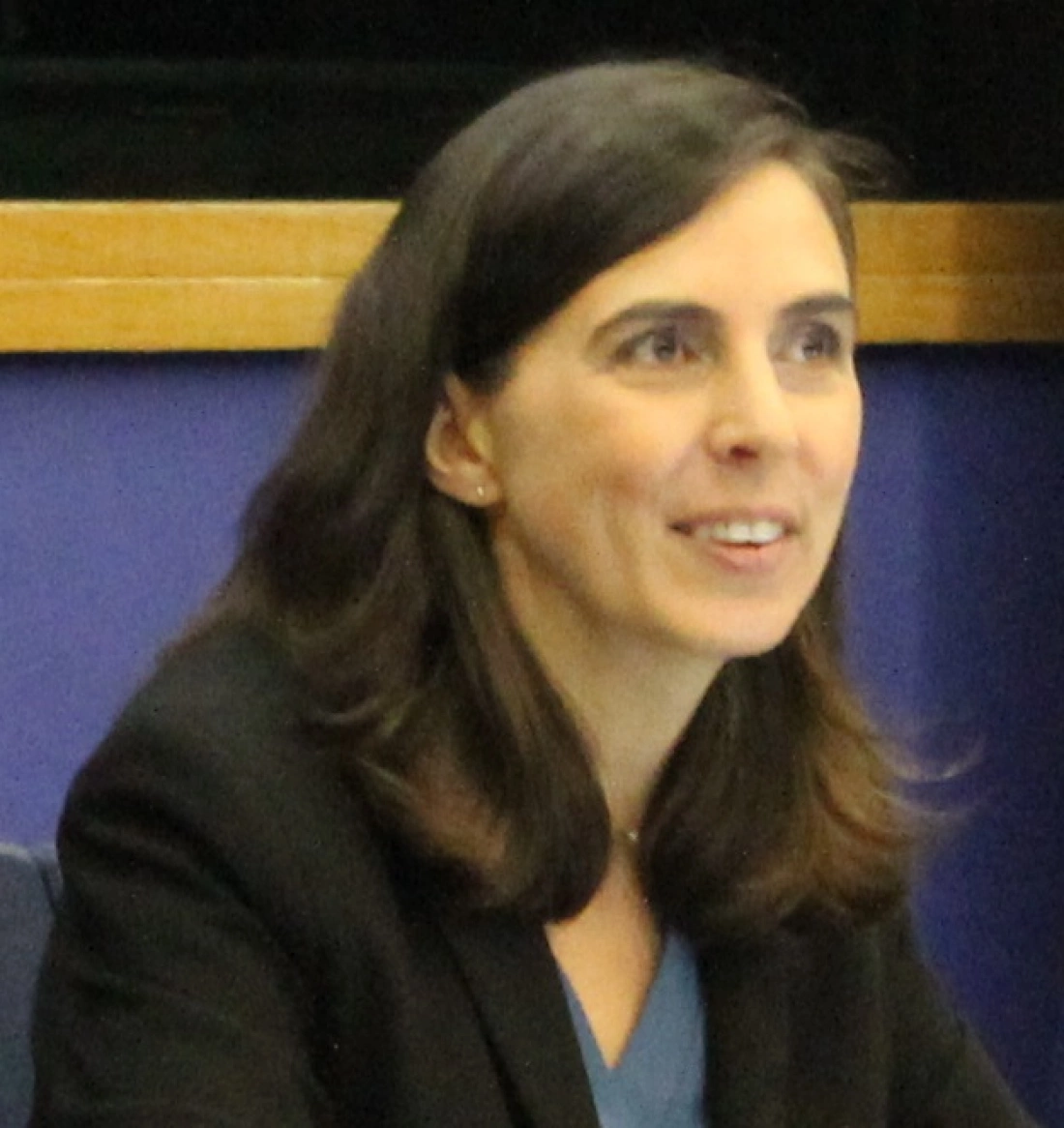
Anne Thevenet (French) has been working at the Euro-Institut, Institute for training and counselling on cross-border issues located in Kehl (Germany), since 2005. She holds a diploma in political sciences, and Masters in European studies and in management.
As Deputy Director, she is in charge of human resources, contacts with funders and the development of new strategies.
Her field of expertise are the coaching of stakeholders and CB groups / teams, the design and delivery of training courses (thematic issues particularly social affairs / intercultural project management / CBC) as well as the design and moderation of workshops and conferences. Moreover, she worked on several projects, which aimed at combining practical and scientific approaches on CB issues.
Since 2010, she has coordinated the Transfrontier Euro-Institut Network (TEIN), which brings together 15 members from 9 different European border regions as well as 3 associated members.
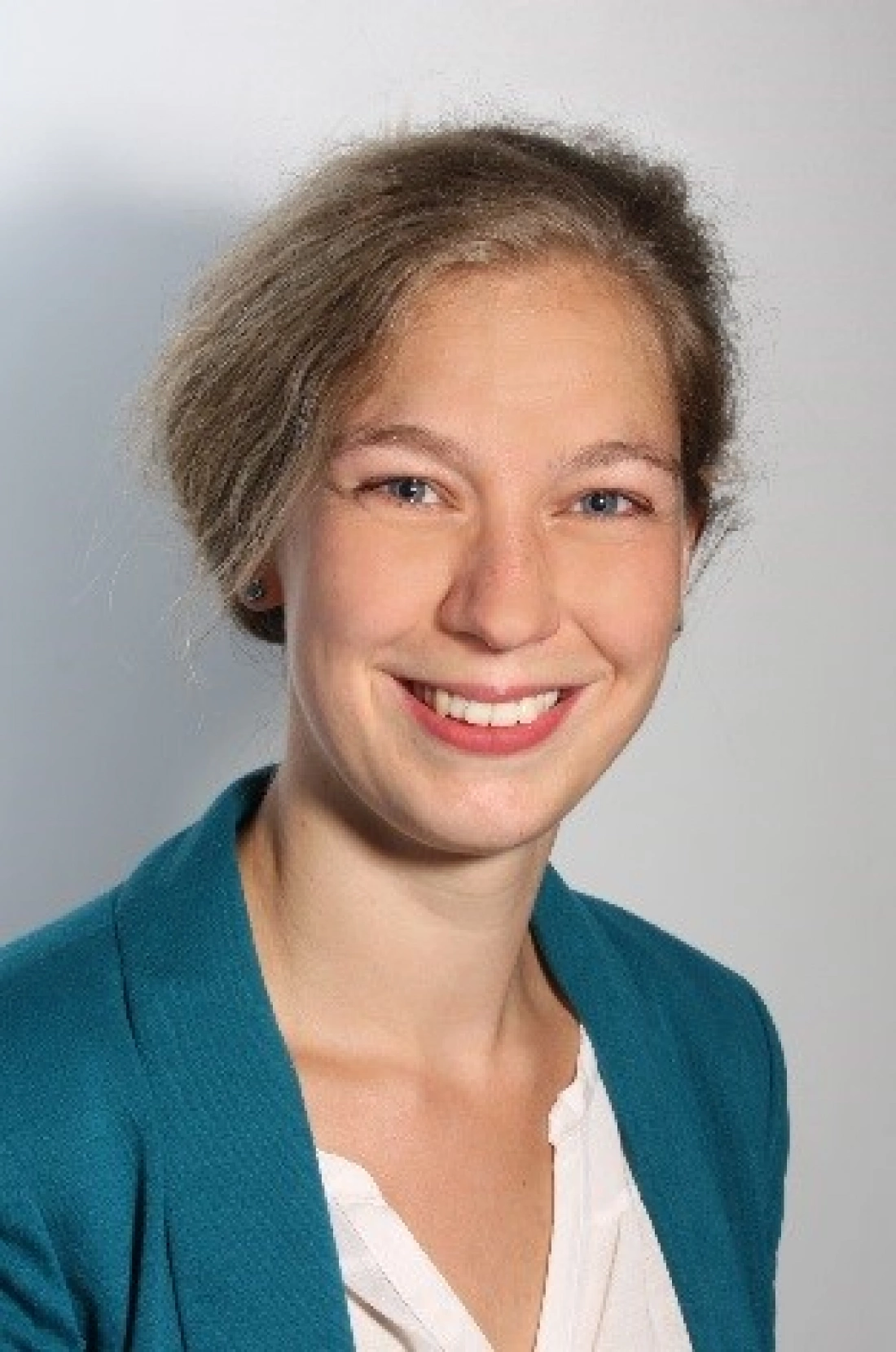
Anne Hofmann (German) works as a training manager at the Euro-Institut, a French-German institution facilitating the cross-border cooperation in the Upper Rhine Region. Besides developing and implementing trainings, mainly in the field of intercultural communication and project management, she also organises conferences, works on European projects and accompanies cross-border projects. She has previously coordinated the Transfrontier Euro-Institut Network (TEIN).
In her work she draws on the intercultural experiences gathered in different countries such as Ireland, where she graduated from University College Dublin, and France, where she did a Master degree in the management of cooperation projects.
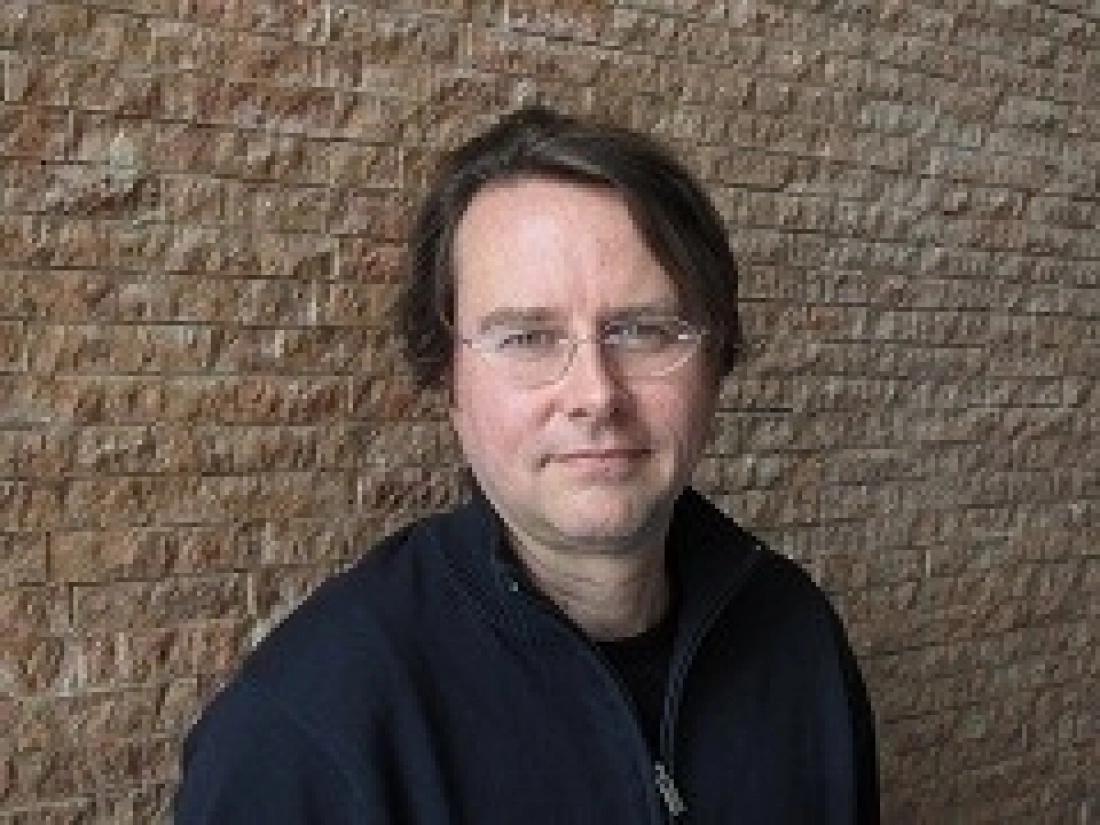
Martin Unfried (1966) has been working in the Netherlands since 1997 with the European Institute for Public Administration (EIPA). The last couple of years mr Unfried also started working as ‘ontgrenzer’ for the province of Limburg and the Dutch ministry of internal affairs. In 2013 he wrote the report “Van stilstand naar Verandering. Praktische Oplossingen voor verbetering van de arbeidsmobiliteit in de grensregio”. Recommendations from this report are today part of policy recommendations from several governmental institutions.
As ‘ontgrenzer’ Martin is involved in the realisation of among other things ‘Grensinformatiepunt Maastricht (GIP)’ for support to among others cross border workers in the Netherlands-Flanders that in spring 2016, following the example of GIP Aachen-Eurode, will start. Martin is also playing a crucial role in the realisation of cross border employment service teams. Within ITEM Martin will be leading several working groups among others ITEM’s annual cross border impact assessment and the theoretical support of the cross border employment service teams.